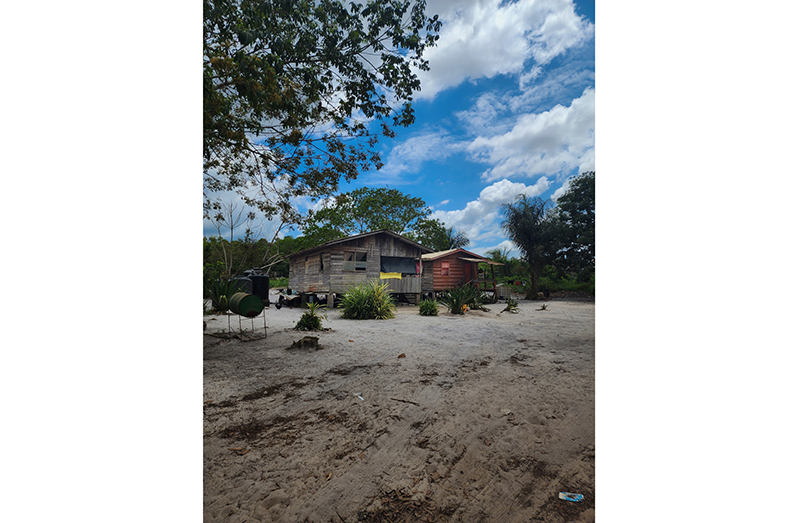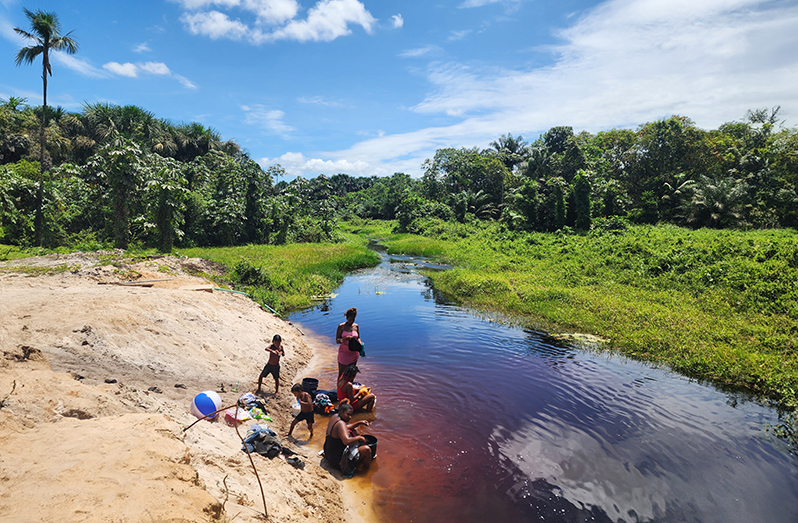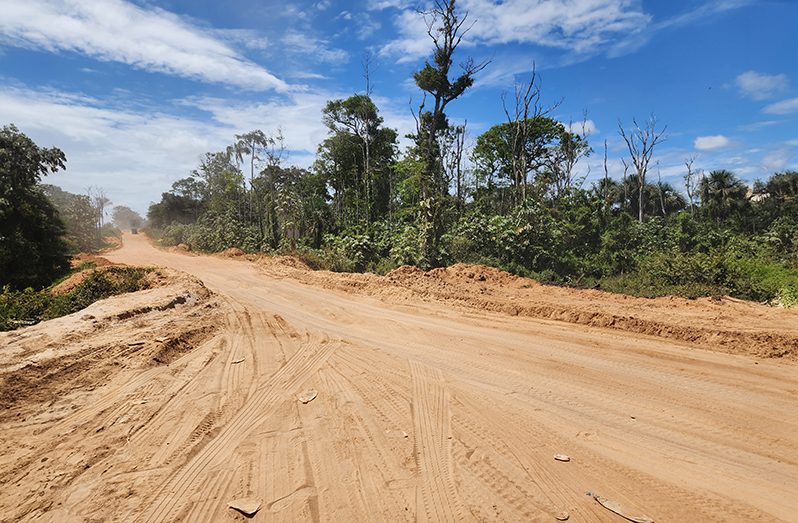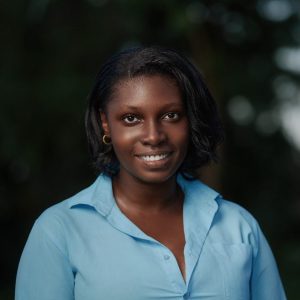Madewini woman shares the challenges and joys of her village
A RED sand trail leads off the road, tall trees tame the hot tropical sun, and various welcoming villagers greet visitors. Madewini Village, though among the smaller villages on the Linden Soesdyke highway, remains one of the most popular. It is neighboured by the famous Splashmins Resort. The village’s natural beauty and untouched serenity are well-known; people venture from far and wide to indulge in the community’s peacefulness.
However, to those who call it home, Madewini is more than pretty lakes and green trees; most of the community is comprised of closely-knit families. Over the years, villagers have forged strong bonds. Residents like Kizzy Lazarus, born and raised in Madewini, have travelled throughout the Caribbean. She described returning to Guyana as bittersweet, with coming home and staying being a conscious decision. Kizzy returned to Madewini for the same reasons she returned to Guyana—not for the lakes or sandy beaches, but for family, friends, and the love of her home.
Venturing into the community of Madewini on any given day gives visitors a clear idea of what it means to call the village home. Most mornings, people venture to the nearby creek to wash clothes or to fetch water for the day’s chores. Kizzy, familiar with this way of life from childhood, described Madewini as her home, the place where her grandparents originated. She shared, “My grandfather is from up here. Because this is where he originated from.” Although the red sand of Madewini had always been her home, her earliest years involved moving through various places, including the Demerara River. “For a small time, I grew up in Sandhill. There were a lot of boats around. My dad used to make these small boats for me, like rafts, to go out and swim and learn to paddle. That’s how we grew up,” she said. That period greatly impacted her and ultimately shaped her love for the serenity of Guyana.

Her nomadic lifestyle continued into Kizzy’s schooling years. “I believe I was four or five years old when I finished nursery school and moved to the Timehri area. From there, I went to Temeri Primary. I lived with family members for a few years while my mom and dad travelled to Trinidad. So for seven years, I didn’t see them and lived with different people in the same East Bank area,” she shared. Her parents moved to Trinidad for betterment when she was still in primary school, leaving her separated from them for several years. Although young, she understood their motives.“They moved to Trinidad to make more money and better themselves. But I couldn’t come with them at the moment because I was just going on a work trip, but the work turned into a couple of years as well,” she explained.
Life in Trinidad was drastically different from life in Guyana. From the people to the food, Kizzy said moving back was bittersweet, leaving a country she had known as home for many years for a homeland she felt almost unfamiliar with. Returning nearly a decade later, Kizzy has since made a family of her own in Madewini. “I went to school here. I lived here when I was 13, went to school in Trinidad, came back from Trinidad at 19 plus, almost 20. Met my baby daddy and had two boys.”

Life is as quiet as it can be in Madewini. Kizzy says her days now are unlike those in Trinidad. Most days are spent tending to her home and family and enjoying the quietness of Madewini. She described her day, saying, “You get up early, clean up, come down to the kitchen. If you had a pot of water, you’d put water in it. If you had laundry, you’d wash. Whenever you go back home, for me personally, when I go back home, I probably might go to my aunt’s place in front of the church out there. But at home, nothing is going on in the village. Everything is quiet. You gotta make things to do,” she explained. Throughout the years, Kizzy has had the unique experience of living in various settings and has learned plenty from those places. However, Madewini teaches her something different.
“This place is going to teach you a lot about patience because not everything is going to come to you just like that. There’s a lot about, we would say, minimising. You would save more. Living in this village gets you to save more on a whole lot because you don’t see things to buy. In a sense, it teaches you to minimise a lot of things, even to compromise situations. You have to adapt your whole way of life. There isn’t anything special about this place other than the privacy and calmness. You come with your family, have kids, and have fun at the creeks fishing, whatever you can do.”



.jpg)









